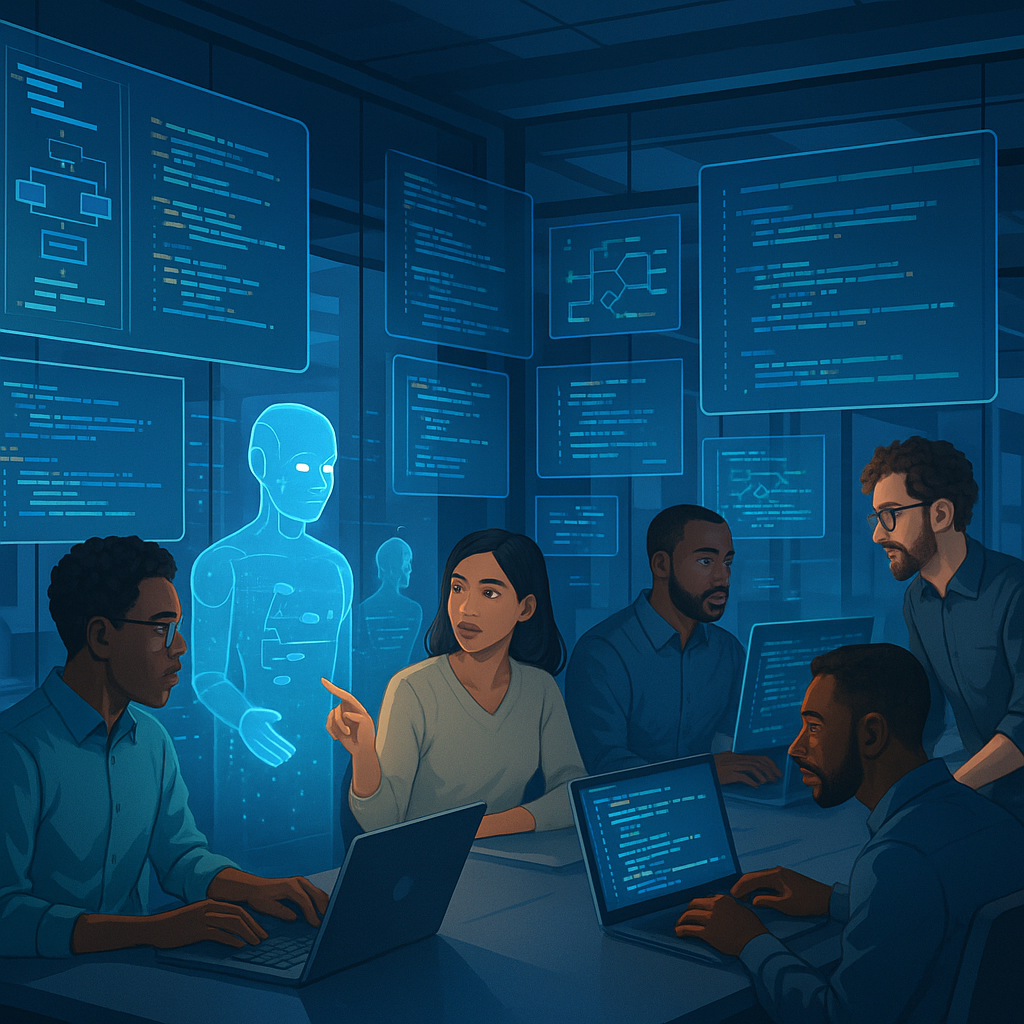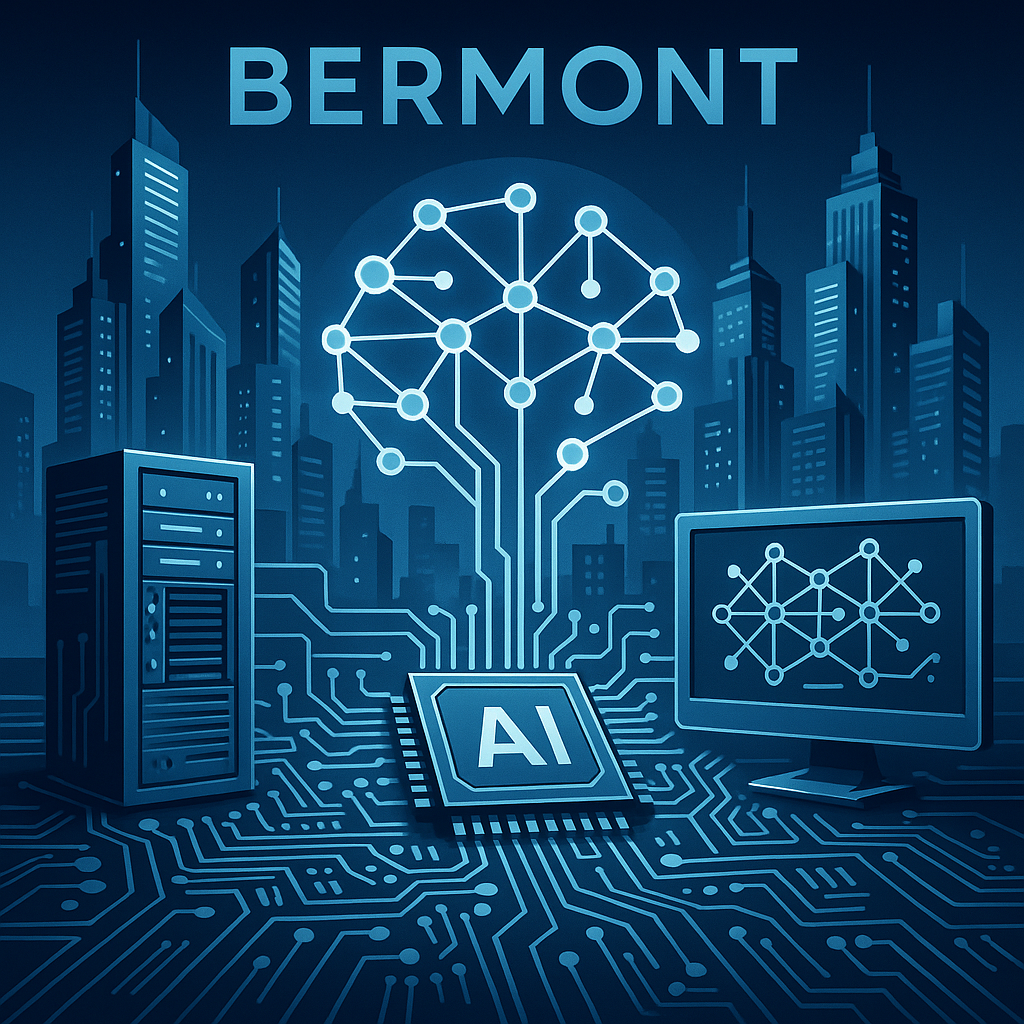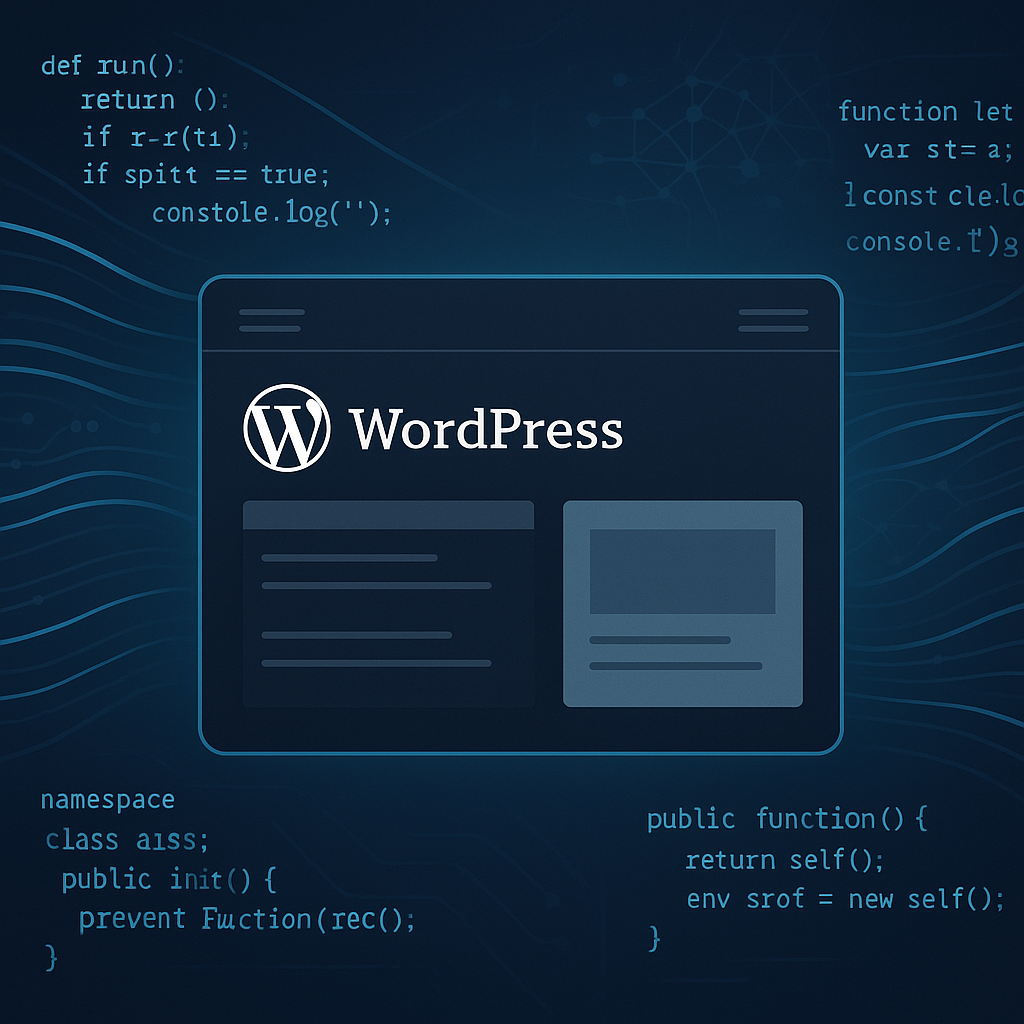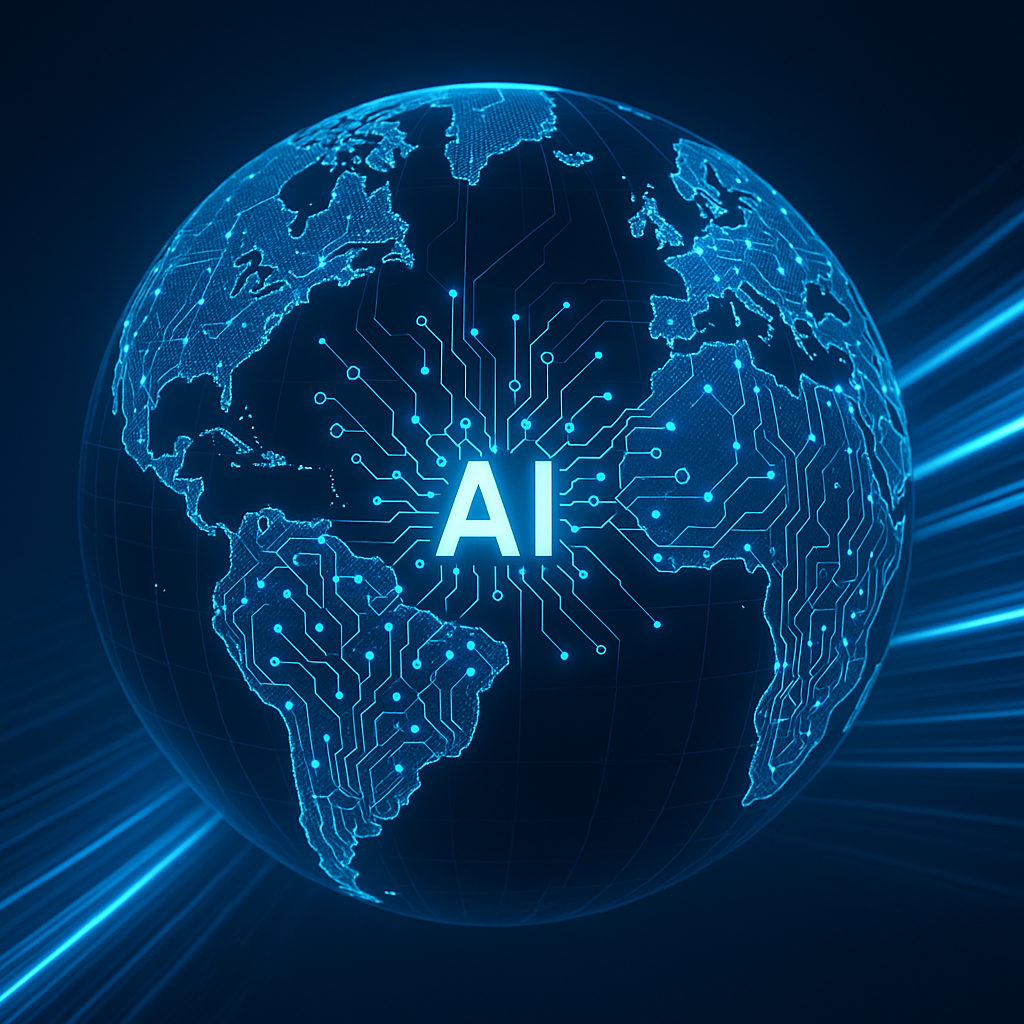
Revolutionizing Code Crafting: AI Software Development’s New Paradigms
Introduction to AI’s Impact on Software Development
In 2025, artificial intelligence has moved beyond being a supplementary tool to becoming an integral part of software development. AI software development today is not just about automating mundane tasks; it is a catalyst that revolutionizes how code is conceived, crafted, and optimized. This shift transforms programming paradigms, ushering in new workflows that enhance creativity, precision, and collaboration.
From Traditional Coding to AI-Enhanced Crafting
The legacy approach to software development has traditionally relied on human-driven coding, extensive testing, and sequential iteration. Developers manually write code, debug, and optimize, often within siloed environments. AI software development introduces a hybrid paradigm where intelligent systems augment human programmers at every stage.
For example, AI-powered code assistants now can generate complex code snippets from high-level natural language descriptions, reducing the gap between conceptual design and practical implementation. Instead of crafting every line manually, developers collaborate with AI to co-create solutions. A notable case is the integration of AI-driven pair programming bots that propose alternatives, spot potential bugs before compile time, and even suggest design pattern optimizations aligned with project goals.
Adaptive Coding Frameworks and Autonomous Refactoring
Recent advances in AI enable software to adapt dynamically by learning from vast repositories of existing code across domains. These adaptive coding frameworks evolve by ingesting new information about performance, security vulnerabilities, and user feedback. Consequently, developers work with AI tools that autonomously refactor and optimize codebase segments while preserving functional integrity. This paradigm shifts manual labor towards strategic oversight.
For instance, a fintech application in 2025 may benefit from AI that continuously analyzes transaction logs and updates encryption algorithms on the fly without direct human intervention. This continuous evolution paradigm diverges significantly from traditional rigid software release cycles, promoting resilience and agility in programming practices.
Impacts on Collaborative Development and DevOps
AI software development reshapes collaborations among teams by automating integration, testing, and deployment processes. Intelligent DevOps pipelines now incorporate predictive analytics that forecast potential integration conflicts and deployment bottlenecks early in the cycle.
Moreover, AI facilitates seamless knowledge sharing by generating documentation, summarizing code changes, and translating technical concepts for non-developers, bridging gaps between cross-functional teams. These enhancements democratize software development, allowing stakeholders from varied backgrounds to contribute effectively.
Real-World Example: AI in Large-Scale Open Source Projects
Open source communities in 2025 have embraced AI software development to manage immense codebases spanning millions of lines. Automated bots review pull requests, suggest code improvements, enhance security compliance, and flag deprecated API usage instantly. This drastically accelerates development velocity while maintaining quality and community-driven innovation.
An illustrative example is an AI-powered continuous integration bot that uses machine learning to detect subtle changes impacting performance across environments, providing developers with actionable insights instantly rather than through lengthy manual review cycles.
Ethical and Practical Considerations
While AI software development presents monumental opportunities, it also raises ethical and practical challenges. Transparency in AI decision-making, data privacy during model training, and the risk of over-reliance on automated code generation demand careful navigation.
Developers and organizations increasingly prioritize explainable AI tools that justify suggestions and maintain human oversight. Furthermore, regulatory frameworks evolve to ensure AI-augmented development aligns with safety, security, and fair use principles.
Conclusion: Embracing a New Programming Era
As we progress through 2025, AI software development has fundamentally redefined programming paradigms. The fusion of human creativity with AI intelligence unlocks new dimensions of efficiency, adaptability, and collaboration in crafting software. Developers now harness advanced AI-assisted workflows that evolve dynamically and integrate seamlessly with broader operational ecosystems. This revolution not only accelerates innovation but also lays the foundation for resilient, intelligent software ecosystems that will shape the future of technology.







